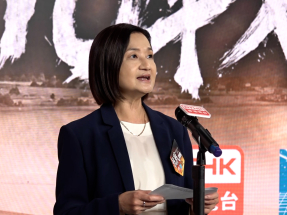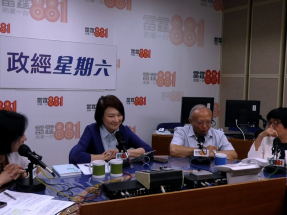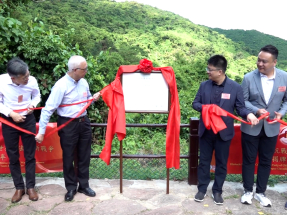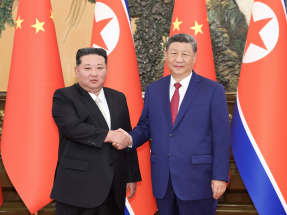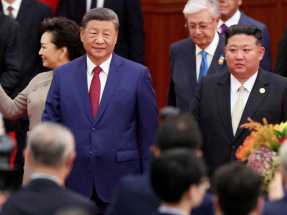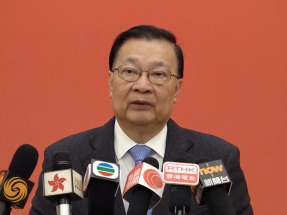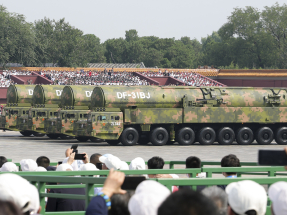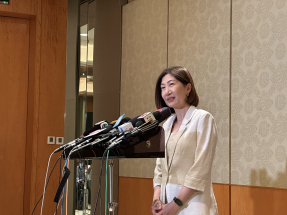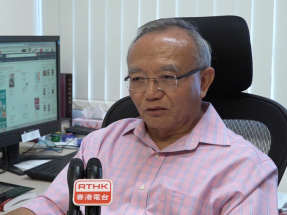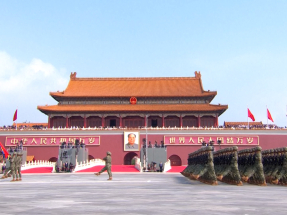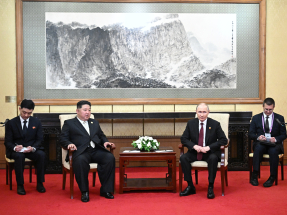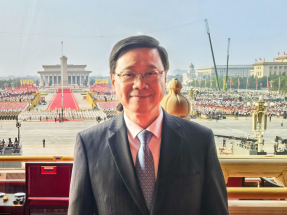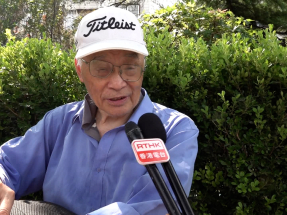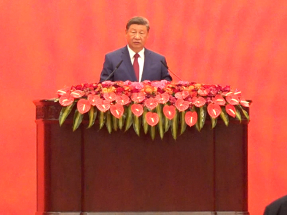In museums across China and the United States, uniforms, badges, medals, maps and wartime documents on display help tell the story of the Flying Tigers – a group of American volunteer pilots who fought alongside Chinese forces against Japanese invaders in World War II.
Chances are, at least some of the relics were donated by renowned Chinese-American collector Pedro Chan.
"While most cultural relics do not hold any commercial value, their impact on history is critical," he said in an interview with RTHK.
The Macau-born Chinese medical practitioner has been on a mission since 2007 to collect wartime artefacts related to the Flying Tigers, inspired by an encounter with a widow of one of the pilots.
"The widow told me, 'My husband passed away and he left behind two Flying Tiger uniforms, would you like to keep it?' I said, 'Of course'," Chan recalled.
"Starting from that moment on, I have been collecting ever since. So far, I have donated more than 20,000 items."
Chan, who heads the American Flying Tigers Institute, said he grew up hearing stories about the American pilots who supported China in the War of Resistance Against Japanese Aggression.
Officially known as the American Volunteer Group, the Flying Tigers flew P-40 fighters adorned with the iconic shark-mouth motif to devastating effect. They have been credited with destroying 296 enemy aircraft and losing only 14 pilots in combat, while providing air support for the Chinese war effort and protecting critical supply lines.
Among Chan's remarkable collection was a contract for a pilot to fight with the Flying Tigers for US$600 a month – a document he acquired for US$9,000.
"Many people said I was stupid. Spending nine thousand dollars for a piece of paper? Are you kidding me? I said I wasn't buying a piece of paper, I'm buying its history, its impact. This piece of paper represents the beginning of our victory in the anti-Japanese war," he said.
Chan doesn't keep these items in his collection for long. He quickly donates his acquisitions to museums, memorial halls and libraries both in China and in the United States.
The collector said he had noticed a lack of physical items in such institutions to tell these important wartime stories, and he feels a sense of accomplishment by contributing objects that can pass down these extraordinary stories of cross-Pacific partnership to future generations.







